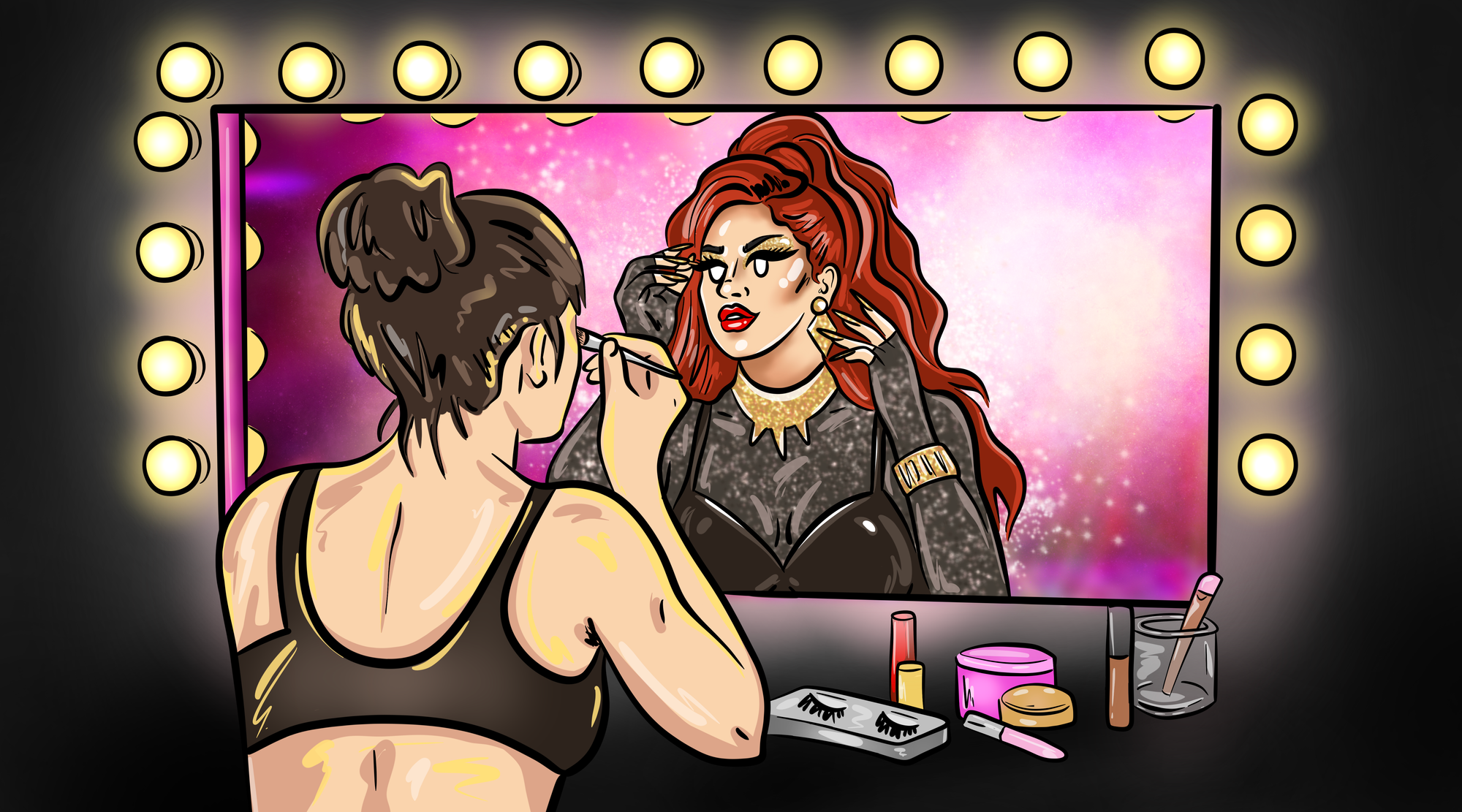On the third episode of the Sex Industry Book Club, co-hosts Jessie Sage and PJ Patella-Rey talk to Dr Bo Ruberg about their book, Sex Dolls by the Sea. This interview has been edited for clarity and length.
You can listen to the episode here.
Bo: This is a historical anecdote, this origin story, that I had come across a bunch of times. I had mentioned this in the book, but I was teaching a class, a bunch of years ago now, in 2017, where we were reading a book about sex tech, about sex robots, and the story came up again.
The story is that the origins of contemporary sex tech—and especially the sex robot—can be traced hundreds of years in the past to the dames de voyage, which are the “women of travel” or "travelling companions," that were supposedly sex dolls that European sailors made on long voyages to sate their natural, heterosexual desires.
And like you're saying, that they sewed them together out of cloth, or some people say they sewed them together out of their own scraps of clothes, and then passed them amongst each other. And so the idea is that this is that when men had the vision of making the thing that was the first sex doll, the was the spark of creativity and innovation that now is the origin for contemporary folks who make sex robots, sex AI, teledildonics, and things like that. And I had always just rolled with that. Then I was facing a classroom of students, and of course they have questions about that, and so I was like, "I've got some research powers, I'm curious, I'll do this little side project to try and figure it out."
And that side project became many years of researching it because I really wanted to track it down. I wanted to see a picture. I wanted to have proof and know more about it. What I found instead was this long, winding trail going through texts that are contemporary to texts dating back more than 100 years, of people talking about these dolls without real proof of them. Or their proof would be a piece of erotic fiction or something like an ad for something that was really blown out of proportion. So it became this like hunt to find these dolls.
Jessie: I'm a sex worker and I'm reading this and I'm thinking that the argument that you made about the criminalisation of sex work and having to write ads around the law is so interesting. The argument I thought you were making is that maybe some of those tales weren't even talking about sex dolls at all, maybe they were talking about sex workers, and that makes so much sense. Because in sex work culture, it's still like this, we still talk about like, "Fly me to you," and being a "travel companion." Travel companionship" is still parlance for sex work.
PJ: I know, or even just the term "escort."
Jessie: Right?!
PJ: Which implies going with someone.
Jessie: Yeah. Someone, somewhere. That was so interesting to me, that there may have been these dolls, and also it might have been that in some of these cases, it was just ways of getting around advertising sex work.
Bo: Yeah, absolutely, and that's really interesting to hear that like you can see that still happening today, that same kinda language. Yeah, 'cause actually, it turns out from the research, that's where this term comes from, the "dames de voyage" is not actually for early sex dolls, it's for sex workers.
PJ: Right.
Jessie: Yeah.
Bo: And you can see folks advertising in the late 1800s in like Parisian newspapers saying, "I'm searching for a man to help accompany me on a long voyage. Please come to Pigalle." Which is historically a sex work district in Paris. "Please come to Pigalle at 3:00 AM to accompany me on this vacation."
I'm like, "Okay, right." So that's actually where this whole idea gets picked up from, but then it gets divorced from sex work as if it's about men inventing sex tech, when really that just erases the labor and the presence of sex workers in that history.





